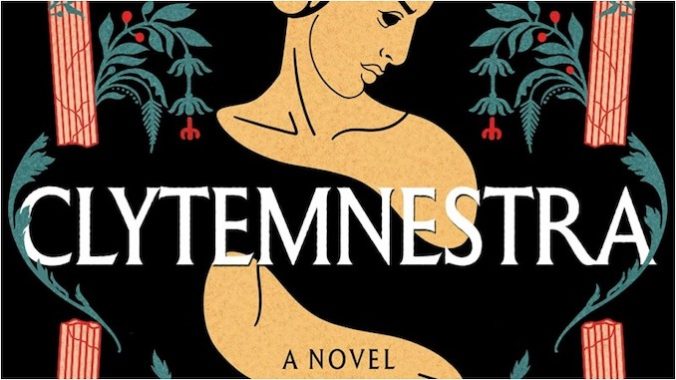Clytemnestra Is a Fiercely Feminist New Take on One of Greek Mythology’s Most Wicked Women

One of the most satisfying trends in publishing over the past few years has been the rise of the feminist mythological retelling, stories explicitly aimed at reevaluating and reassessing some of Western literature’s most famous foundational stories by putting oft-ignored or allegedly villainous women at their centers. Clytemnestra is perhaps one of Greek mythology’s most frequently revisited (and reviled) figures—she appears in ancient works ranging from Homer to Aeschylus to Sophocles and is a woman whose motives and impact we’re still trying to unpack in contemporary works today.
Authors like Jennifer Saint (Elektra) and Natalie Haynes (A Thousand Ships) have included her as a perspective character in their recent novels, but Costanza Casti’s Clytemnestra is the first to put the Spartan princess (and future Mycenaen queen) and her story front and center. But the trick of this novel, and what ultimately makes it such a compelling read, is its determination to depict its titular character as a complete and fully realized woman, a figure who is more than her worst deeds and whose story is worth telling in its own right.
Casati’s debut spends less than a quarter of its length on the events that most people associate with the name “Clytemnestra”—the sacrifice of her daughter Iphigenia in the name of a fair wind for Greece’s soldiers, her violent plot to take revenge against her husband for his involvement in her child’s murder, and her lengthy rule over the kingdom of Mycenae while Agamemnon is at war in Troy. The reason we are all fairly familiar with that part of her story is, of course, that it’s a bloody tale of a bad woman who kills a supposedly heroic man, and which casts a mother’s rage and grief over the death of her child as somehow less than a king’s right to glory and conquest. But, intriguingly, that’s not the part of her story that Casati’s terribly interested in exploring. We’ve seen it before, after all.
Instead, Clytemnestra spends much of its time on its titular character’s origins, and in doing so, it manages to make the essential plot beats of a story we all know the ending to feel fresh and new. The grim conclusion of her life is given a sweeping, tragic, and painfully personal feel by making it part of a larger pattern of suffering and survival, and Clytemnestra’s desire for revenge and control of her fate is presented as something that’s been building throughout her story.
-

-

-

-

-

-

-

-

-

-

-

-

-

-

-

-

-

-

-

-

-

-

-

-

-

-

-

-

-

-

-

-

-

-

-

-

-

-

-

-








































